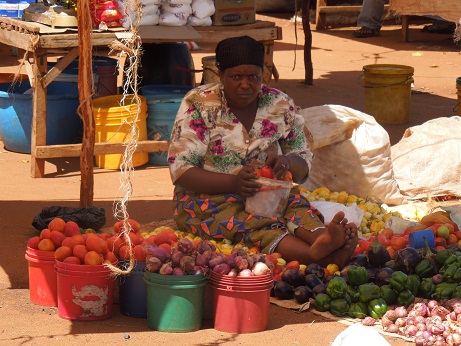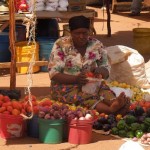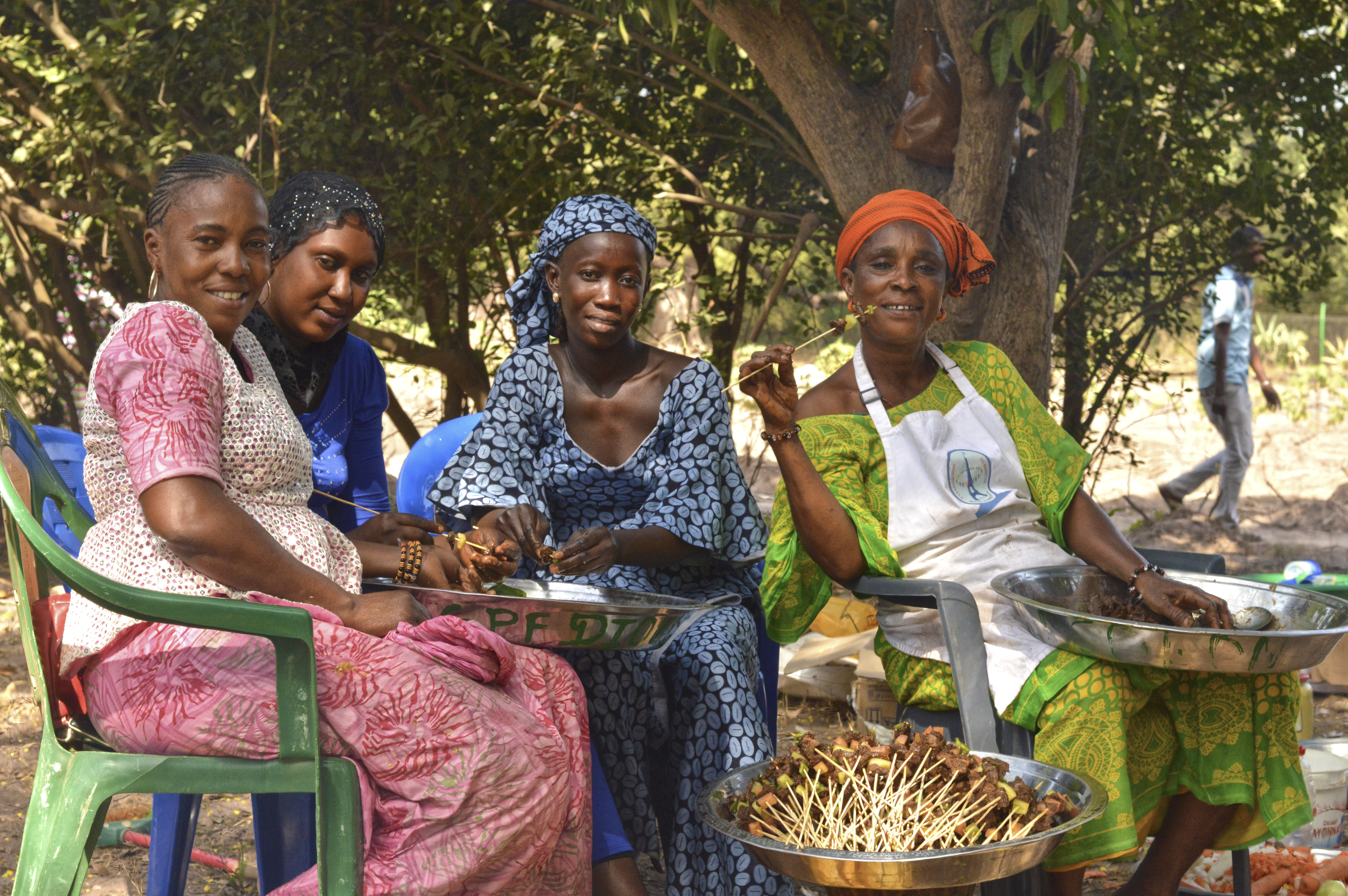Negotiating a “Fair Price” in Tanzania
Negotiation is an art which is practiced every day around the globe. What is up for a negotiation depends much on the dominating culture of a country. My experience so far in Tanzania is that many things are up for negotiations. Even more so, because I am, quite obviously, a mzungu (“white person” in Kiswahili, the national language in Tanzania), however I would try to be African. During the past years, I became a fan of learning more and practicing the art of negotiations and here in Tanzania there is the chance to do so on a daily basis. This is not as easy though and there are some moral dilemmas included as well.
Trying to live like a local here in Same, a small town in northern Tanzania, involves many negotiations: taking the “public transport system” (consisting of private-run buses, mini-buses, motor bikes, and sometimes bicycles), go shopping at the small stores that are all around the place, or even going to a café or restaurant – the prices are usually not fixed. Of course, people who live here all the time just know what the right price is. As a newcomer, however, it is much harder to determine the price. Yet, for any negotiation one needs sufficient information in order to pay a price that is way too expensive. Thus, it is more than helpful to be guided by local people what kind of price range exists of different daily needs. And we are rather lucky here with our NGO called Kilimanjaro Hope Organization (KIHO) that helps us to integrate into the Tanzanian culture and become part of the community, which includes a sense of what things are worthy.
In a negotiation, the actual price of the product is sometimes mentioned. More likely, however, a price is demanded of you that can be two times or even five times as high as the “regular” prize. Such a higher price is related with a wide-spread belief among many Tanzanians, and quite rightly so, that white people should pay more because they have more money in their pocket. One learns rather quickly how much to pay for a piki piki (to ride on the back of a motorbike) over certain distances. But one often comes into situations where one knows the place one would like to go to but not the distance nor any kind of reference for a price. Therefore, it often depends simply on your intuition of what price can be demanded from you. Usually, both sides know that the first offer is too high and it is okay to negotiate a reduction of the price. But what is a fair price?
For me, it is okay to pay a bit more than the locals when the prize is up for negotiations. Yet, I am quite cautious because I do not like the feeling that someone is taking advantage of me. In the market I usually take a stroll and get a feel for the prices that are offered or I ask several motor bike drivers that are around how much they charge and then see what I can knock them down to. At the same time, I do not want to go too low because my counterpart is, after all, trying to make a living and many people live on a very, very small budget. Indeed, many are poor. Yet, I think that I will not eradicate poverty by paying higher prices. In order to alleviate poverty, structural changes are needed. Or is that just a persona excuse of mine? Maybe it is both.
Being comparatively so much richer to many people I am surrounded with, I still have to look on my budget and how much money I have available. Thus, I rather walk away when I feel that the price that has been offered is not fair and no bargain is possible. Sometimes, however, I am wondering whether I am very selfish when I try to negotiate down the price considering the poverty situation in Tanzania. In short, a «fair price» should be the ideal outcome although it sometimes hard to know whether it was achieved or not.
Johannes Langer

















Dejar un comentario
¿Quieres unirte a la conversación?Siéntete libre de contribuir!